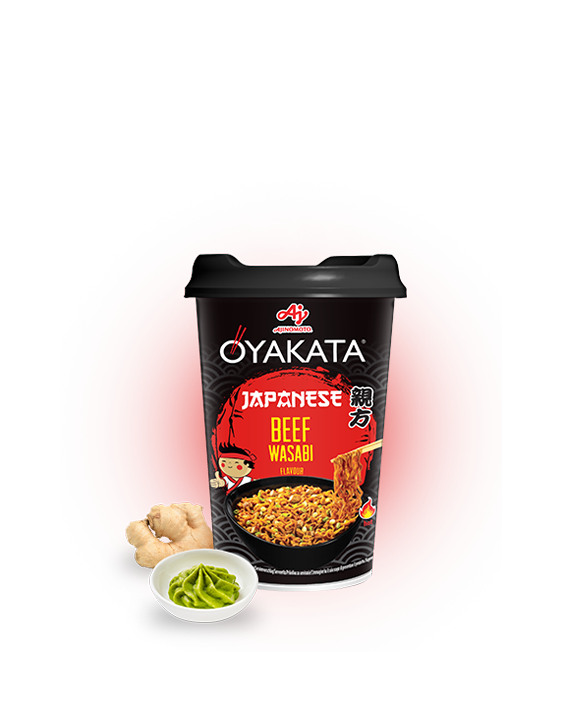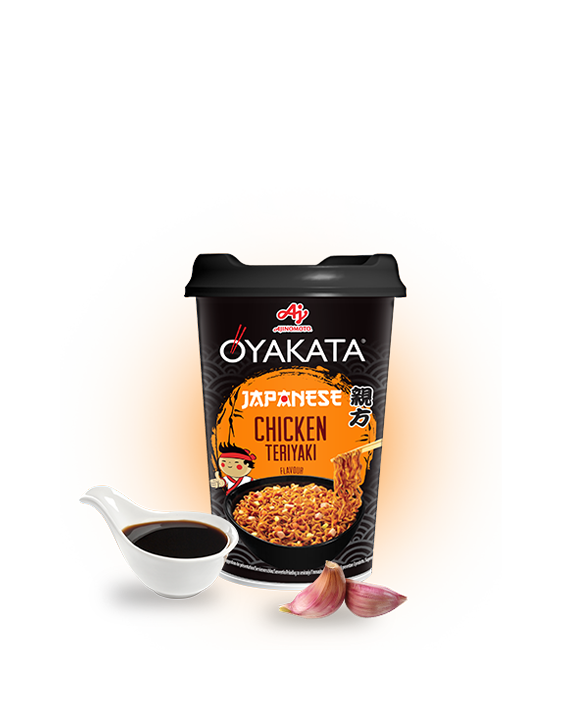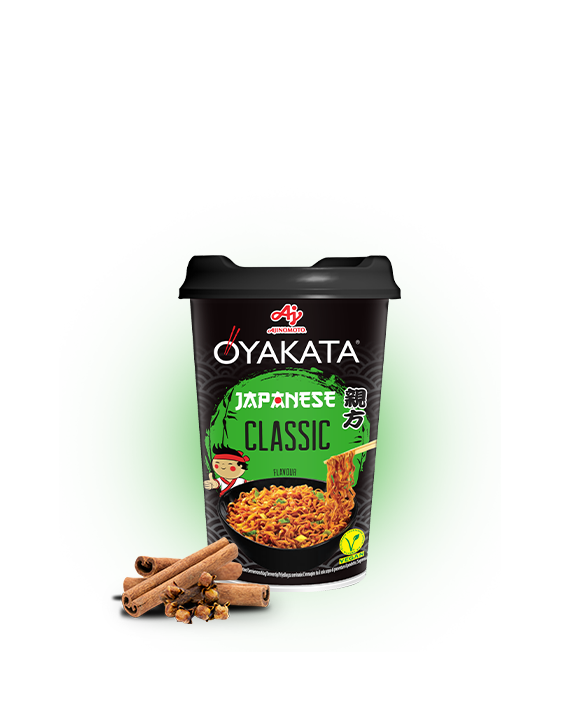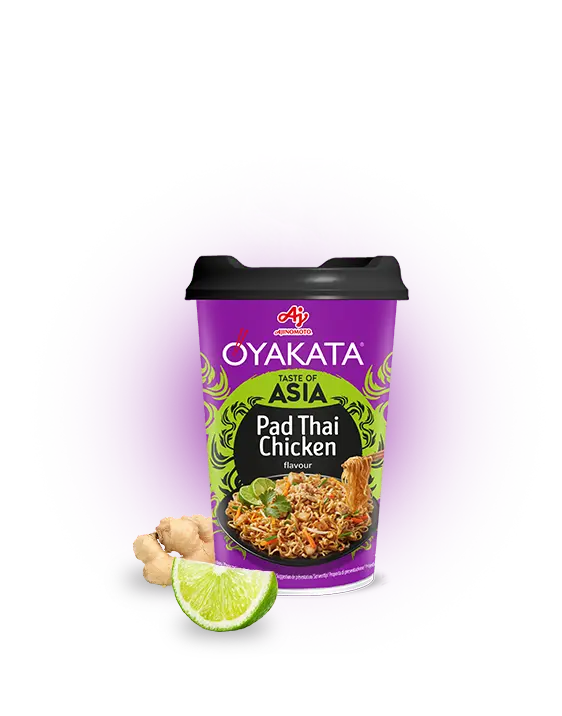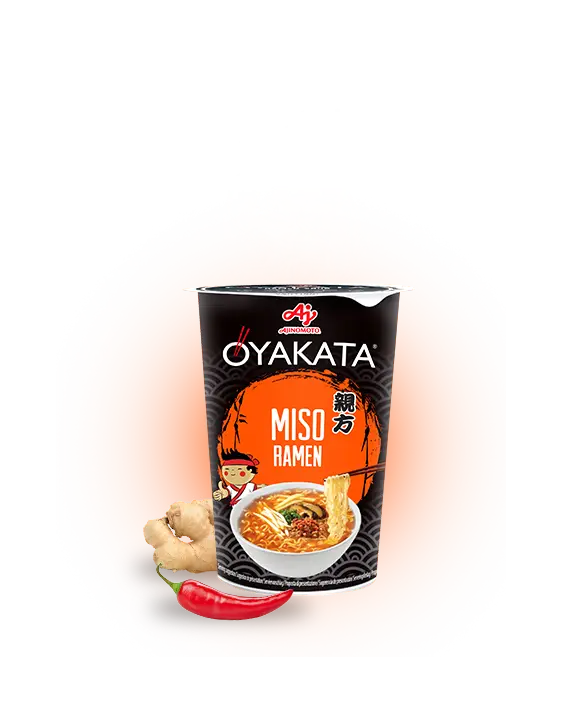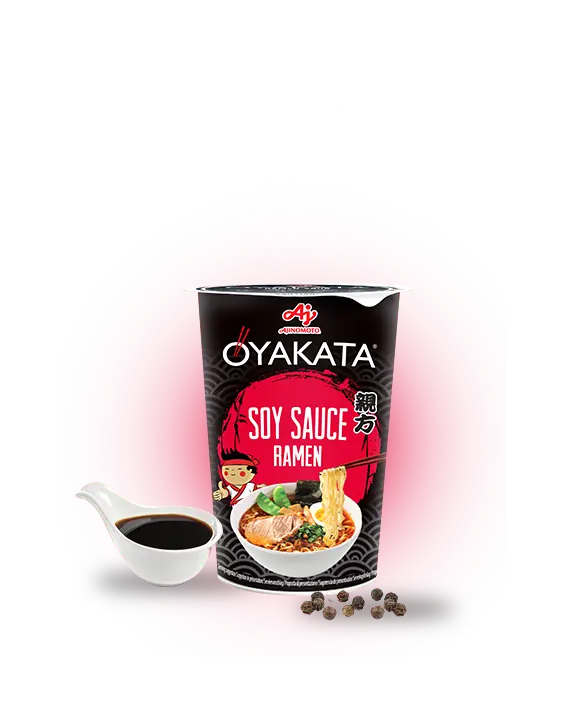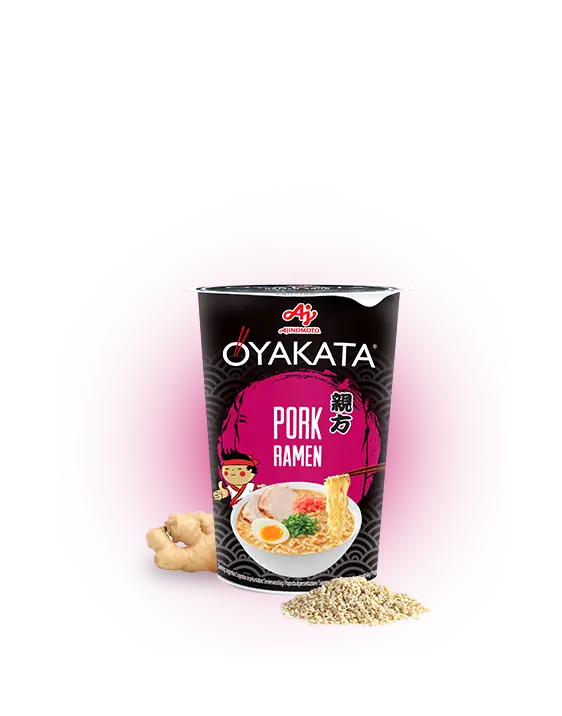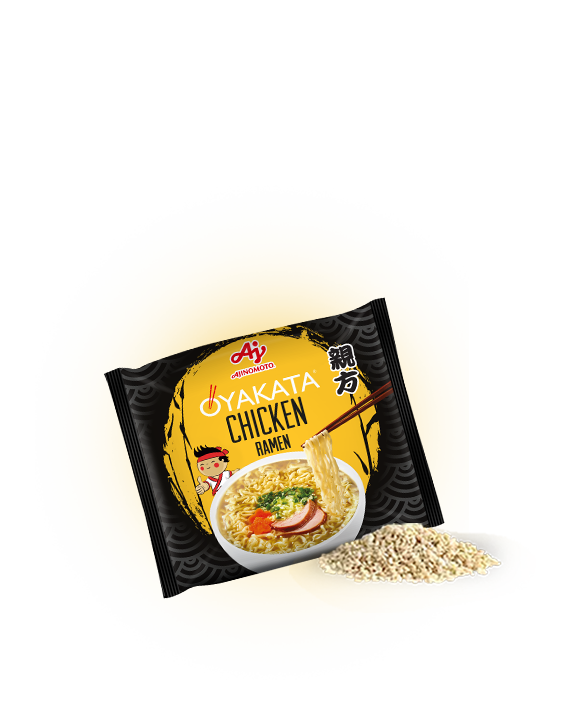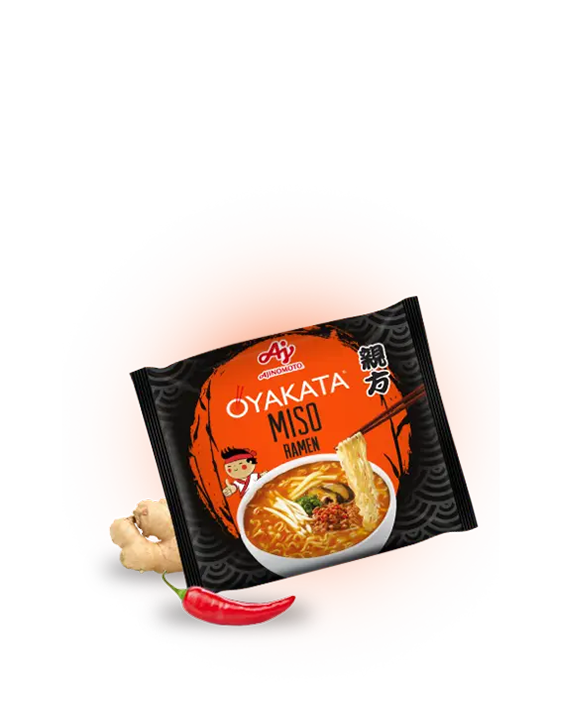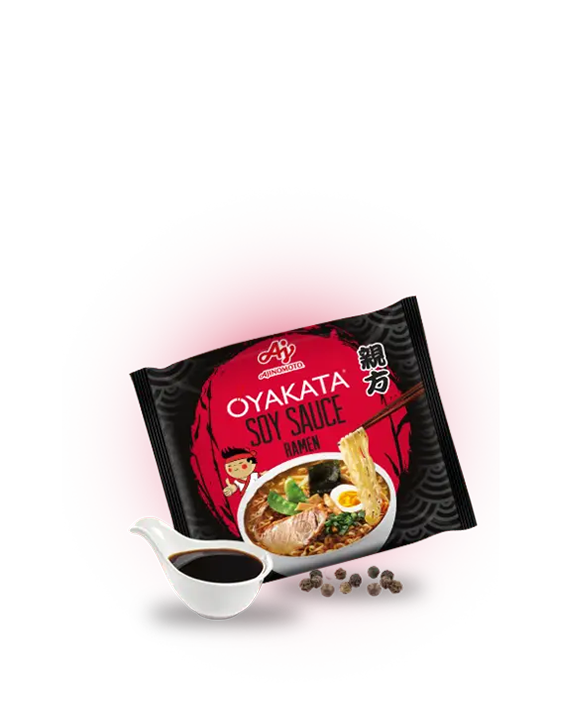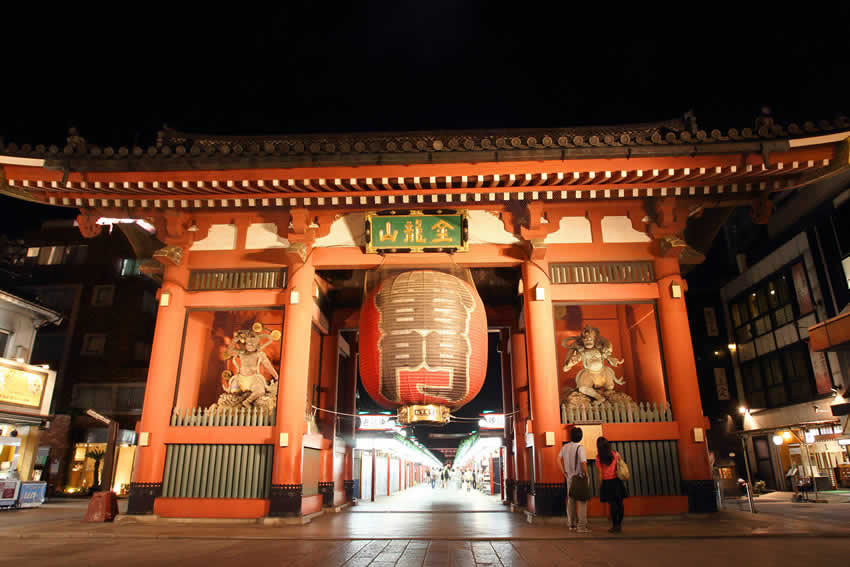

WHAT TO SEE IN JAPAN? THE MOST POPULAR TOURIST ATTRACTIONS
Japan – what to see?
Almost every corner of Japan offers some amazing sites. It is a wonderful place for those who seek leisure and beautiful views as well as those in search of excitement, culinary experiences or cultural differences. Always consider the season while planning your holidays.
Sapporo Snow Festival
The Sapporo Snow Festival is one of Japan’s most exciting tourist attractions in the winter season. Organised since 1950, always in the second half of February, it involves an exhibition of spectacular snow and ice sculptures. Having considerably developed for the past 60 years, the festival is now internationally famous and attracts tourists from all over the globe.
Senmaida rice fields
In spring, you should visit the Sea of Japan coast to admire a thousand Senmaida rice fields forming terraces on the hillside. In that season, they fill with water, offering breathtaking views of the Noto peninsula. It is one of Japan’s most popular nature attractions.
Japan’s tourist attractions – Tokyo
Europeans very often choose Tokyo, the capital city, as their holiday destination in Japan. The city is full of sites unlike any other, thus being a perfect alternative for long trips. Tokyo’s most famous attractions include the Sanja temple, the Kaminarimon gate in Asakusa, the Sensoji temple or the Ueno park.
Fashionable shopping and beautiful views
Shopping in Tokyo is very rewarding, with fashionable places such as Ginza, Shibuya, the Tsukiji fish market or Akihabara – the district of shops and stalls with electronic equipment. Fans of unforgettable views are bound to enjoy the Tokyo Sky Tree in the Sumida district. 634 metres tall, the tower is currently the tallest structure of this kind in the world. Odaiba is an artificial island on the Tokyo bay you which can reach using the Yuri Kamome train. It is connected with the city centre through the Rainbow Bridge. Visiting the island in the evening, you get a breathtaking view of the city illuminated in the dark.
Tokyo Imperial Palace
If you are visiting Tokyo, the Imperial Palace – the primary residence of the Emperor of Japan – is a must-see. The palace is situated in the Chiyoda district, and its total area of 341 hectares is comparable to that of the New York Central Park. Even tough the major part of the palace is not open to visitors, there are two days in a year (23 December and 2 January) when the Imperial Household Agency offers a guided tour. The imperial family honouring the tourists with their presence by appearing on the palace terrace is an additional attraction.
Tourist attractions near Tokyo
Once you have finished touring the capital city of Japan, you go to the neighbouring areas to visit the popular tourist sites near Tokyo. You can admire the nature in the city of Kamakura or Hakone, situated at the foot of Mount Fuji – a mountain surrounded by Five Lakes (Fuji-Hakone-Izu National Park). Situated relatively close to Tokyo is Hiroshima, where you can visit the Peace Memorial Museum, commemorating the tragic events of World War II (nuclear bombs being dropped on Hiroshima and Nagasaki) and take a walk around the nearby Peace Memorial Park.
What to see in Japan? – Kyoto
Next to Tokyo, Kyoto is the most popular destination in Japan. This special city in the western part of Honshu offers a wide range of attractions to tourists from all over the world. These include for instance the Golden and Silver Pavilions – symbols of Japan. The Silver Pavilion (Ginkakuji) was built in 1482 as the summer residence of Shogun Yoshimitsu Ashikaga. The Golden Pavilion (Kinkaku-ji, Rokuon-ji) is a Zen temple, built in 1397 as a villa, later transformed by the Shogun’s son into a Buddha temple combined with a Rinzai school.
Japan – unlimited possibilities for tourists
Planning a trip to Japan, first consider how much time are you planning to spend there. The number of attractions is so great that you can plan a whole stay in one city and never run out of ideas. Just the capital city of Japan offers an abundance of aesthetic and cultural experiences, and the whole country is full of unforgettable views and original attractions.
